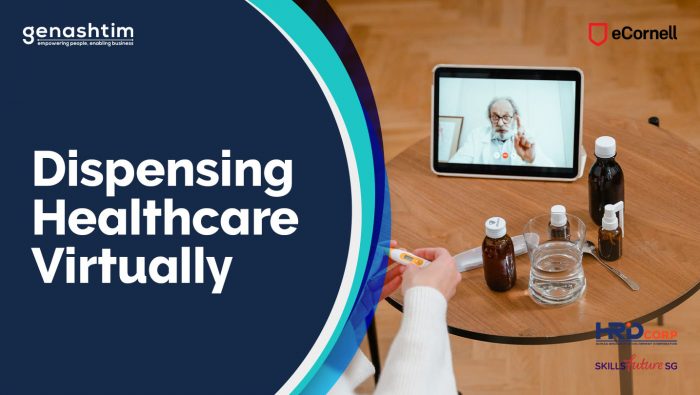If you have not heard already, telemedicine is fast gaining ground in the healthcare industry. So, what is telemedicine?
An article on VSee defines telemedicine as the practice of caring for patients with the healthcare provider and the patient not being physically present with each other; it is basically technology in healthcare that enables virtual healthcare to be dispensed remotely. Any cost-effective tool that provides encompassing access to healthcare and augments patient engagement can be termed as telemedicine.
Telemedicine is a recent phenomenon. Right?
The Covid-19 pandemic has made telemedicine more commonplace, as a part of social distancing. Telemedicine per se is not new; it debuted in the 1950s, however, it dates far back to the 19th century. Telemedicine began when hospitals vied to bring healthcare to people living in the backwater areas. When telecommunication infrastructure like telegraph, radio and telephone was built, the inception of telemedicine was created. In 1922, Dr. Hugo Gernsback predicted that there will come a time when healthcare officers would see their patients on a screen and touch them from long distances with robotic arms.
Today, physicians and patients can see each other and share information in real-time, from telecommunication devices’ screens. Apps that monitor heartbeat and give feedback about your health status can be downloaded easily.
Telemedicine has the potential to empower patients and physicians – appointments are no longer a necessity and diagnosis and consultation can be conducted from anywhere. With this improved accessibility, healthcare is dispensed more easily in hard-to-reach areas and hives of urban areas.
Do you know that there are more smartphones in the population than toilets? This means, more people can access basic telemedicine via devices like smartphones and computers. Several small countries have fully digitized healthcare systems with doctors using electronic medical records and patients having access to their data.
The global market for telemedicine is growing at a 24% rate annually. The Adaptive Healthcare Strategy certificate offered by Genashtim in collaboration with eCornell will equip you with the skills and tools to overcome the many challenges in telemedicine as it becomes the face of healthcare.
eCornell courses are approved by SkillsFuture Singapore for SkillsFuture Credit as well as by HRD Corp Malaysia under its SBL-Khas Scheme.

